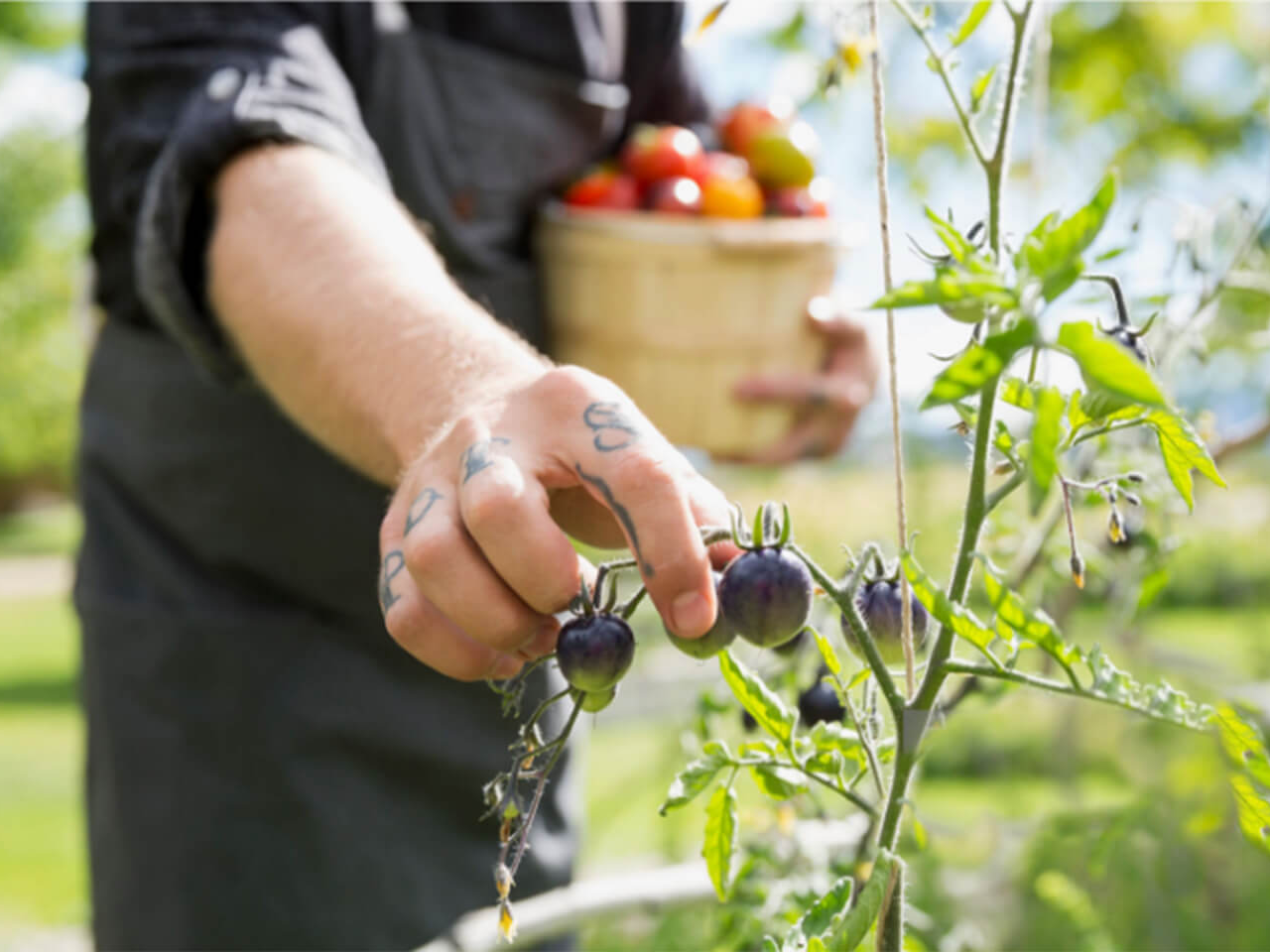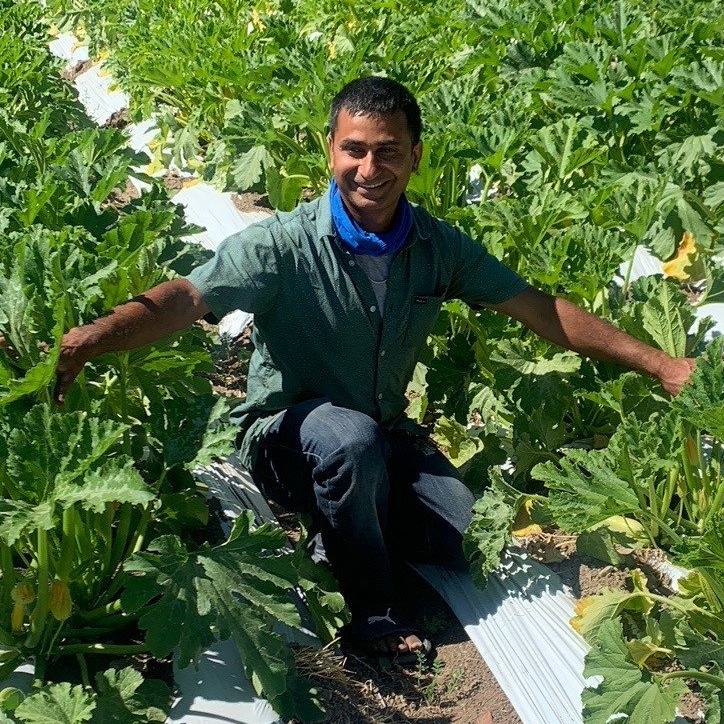Community Farms
Community Farms
Strengthen Local and Regional Food Chains
Over the years, the rise of industrialized agriculture has changed the face of our food system. It has degraded our soil, strained natural resources, and decreased the nutritional value of our food. Complex distribution channels can leave access gaps between communities, making them vulnerable to disruptions in supply chains.
Local and regional food systems offer potent sources of economic and community revitalization alongside increased health and community wellbeing. Farm from a Box can help rebuild urban and rural food chains with fortified local sourcing, on-site food production, or even farm-to-table.
Increase Healthy Food Access
Reduce your community's dependence on unreliable imports of food, fertilizer, and fuel. Build food independence, improve community nutrition, and grow culturally significant foods that nourish people physically, emotionally, and spiritually.
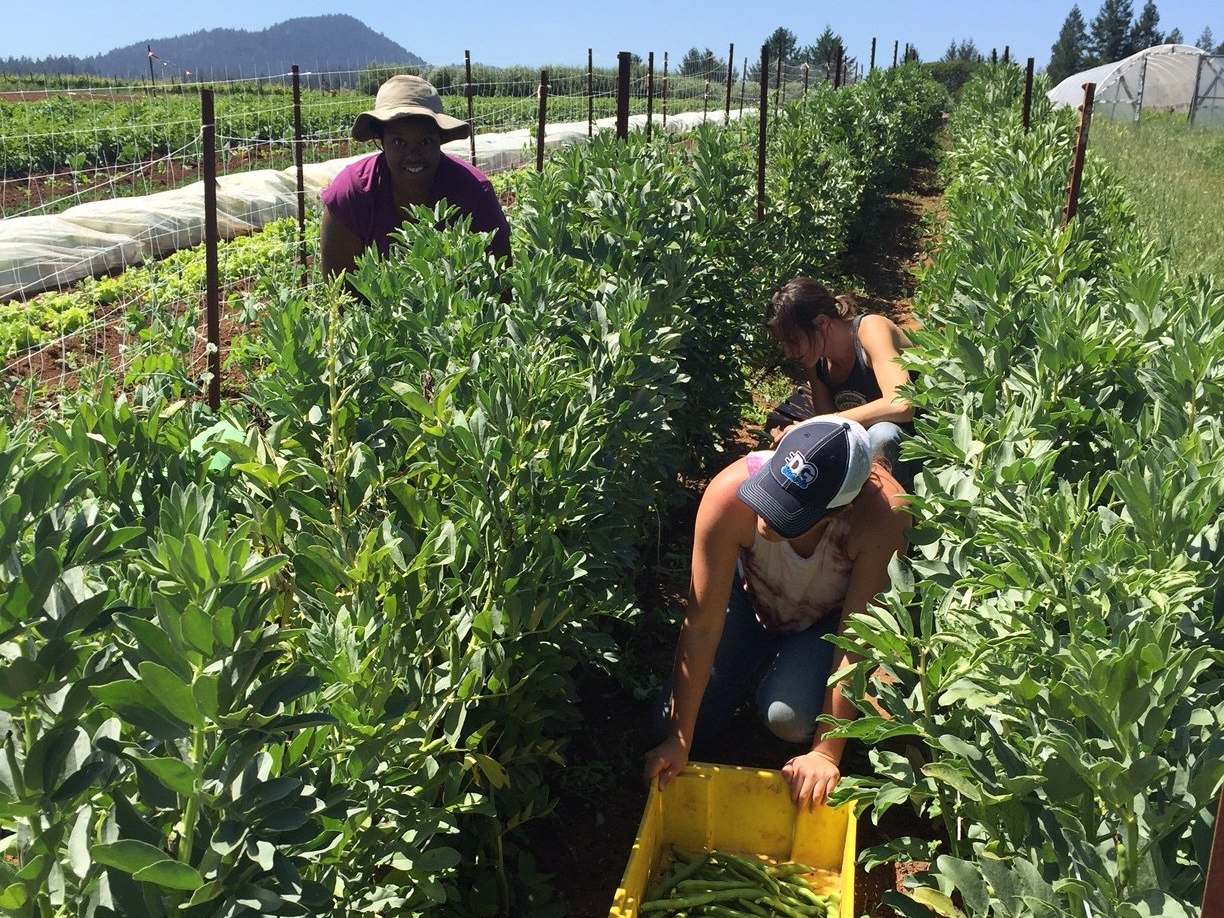
Create Vocational Opportunities
Provide hands-on vocational training to help people build the skills needed for careers in agriculture and technology. Create educational opportunities to engage youth, such as garden-based STEM programming and cooking lessons.
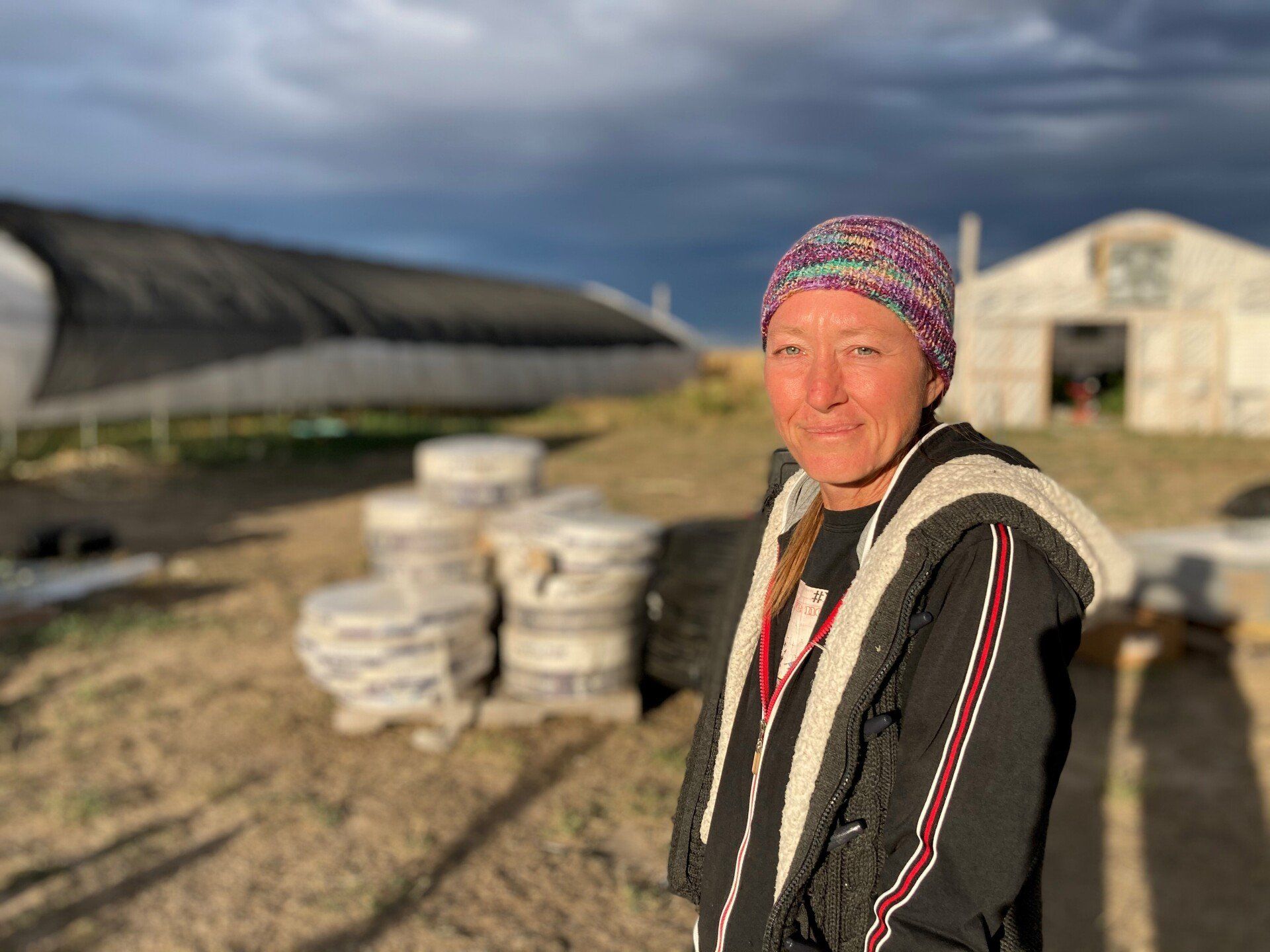
Reconnect With Your Food
Every person deserves access to fresh, healthy produce, but food production is about more than just growing crops—it provides a way to honor and nurture emotional and cultural connections to food and the land.
Increase Healthy Food Access
Reduce your community's dependence on an unreliable imports of food, fertilizer, and fuel. Build food independence to increase food security, improve community nutrition, and grow culturally significant foods that nourish people physically, emotionally, and spiritually.

Create Vocational Opportunities
Provide hands-on vocational training to help people build the skills needed for careers in agriculture and technology. Support educational opportunities such as garden-based STEAM programming and cooking lessons.

Reconnect With Your Food
Every person deserves access to fresh, healthy produce, but food production is about more than just growing crops—it provides a way to honor and nurture emotional and cultural connections to food and the land.
Increase Healthy Food Access
Reduce your community's dependence on an unreliable imports of food, fertilizer, and fuel. Build food independence to increase food security, improve community nutrition, and grow culturally significant foods that nourish people physically, emotionally, and spiritually.

Create Vocational Opportunities
Provide hands-on vocational training to help people build the skills needed for careers in agriculture and technology. Support educational opportunities such as garden-based STEAM programming and cooking lessons.

Reconnect With Your Food
Every person deserves access to fresh, healthy produce, but food production is about more than just growing crops—it provides a way to honor and nurture emotional and cultural connections to food and the land.
Use Case: New Roots Farm
Use Case:
New Roots Farm

New Roots Farm
West Sacramento, California, USA
A project of the International Rescue Committee, New Roots is a production and education-oriented farm that helps resettled refugees reconnect with the land, grow food for themselves and their families, and learn agricultural business skills.
New Roots produces over 50 different crops, much of which is produce from the refugee farmers' home countries. Culturally-affirming food is often difficult to find at stores or markets but is incredibly important to help refugees build community, nurture their connections to their homeland, and celebrate their culture. Local restaurants also welcome the new flavor profiles.
Growing an average of 120,000 pounds of produce over seven acres, and 28,600 pounds on their ½ acre intensive farm, New Roots' harvests are distributed to the farmers and their families, sold at a reduced rate to a nearby food bank, and sold for profit at weekly farm stands and nearby grocery stores.
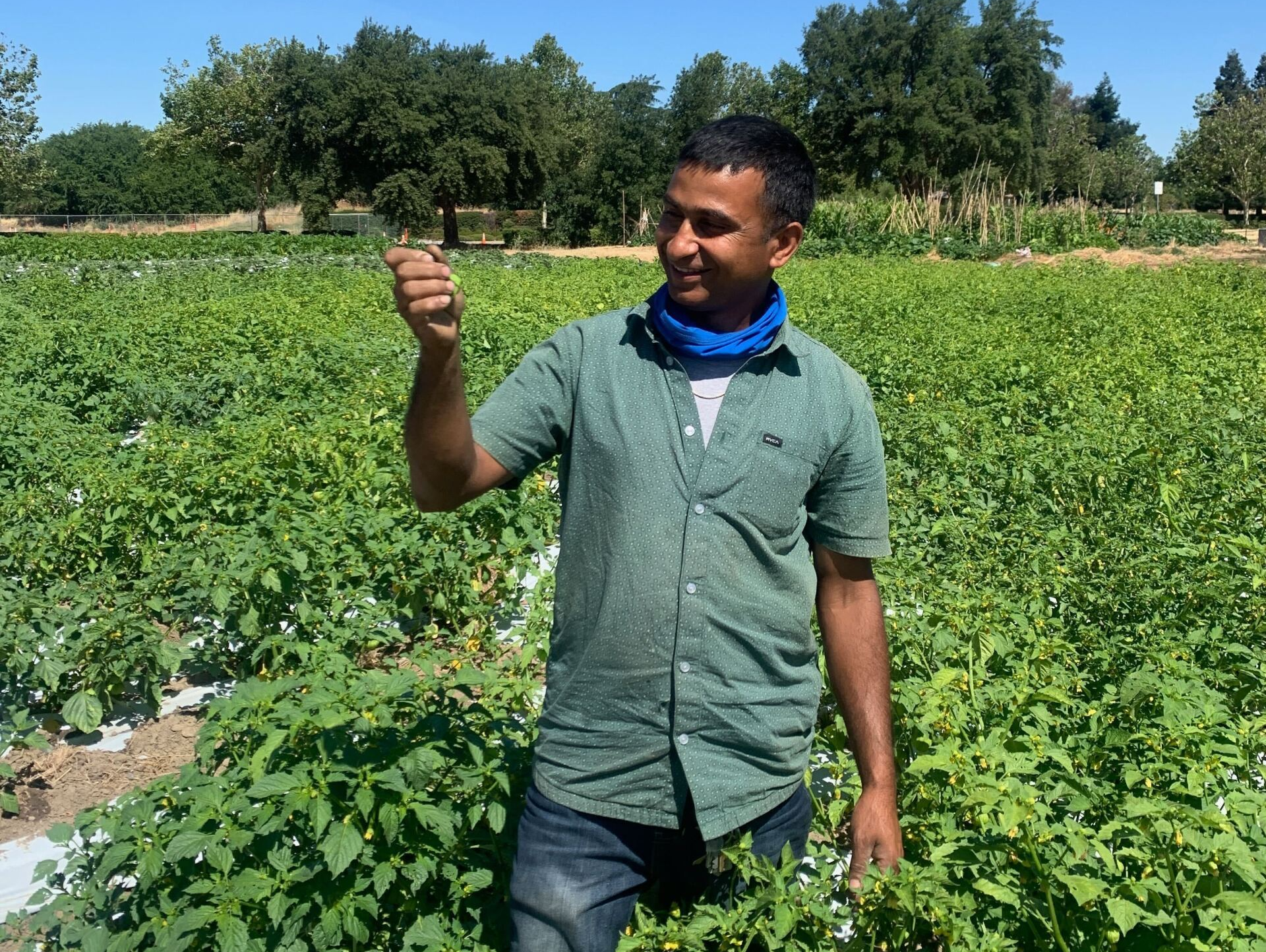
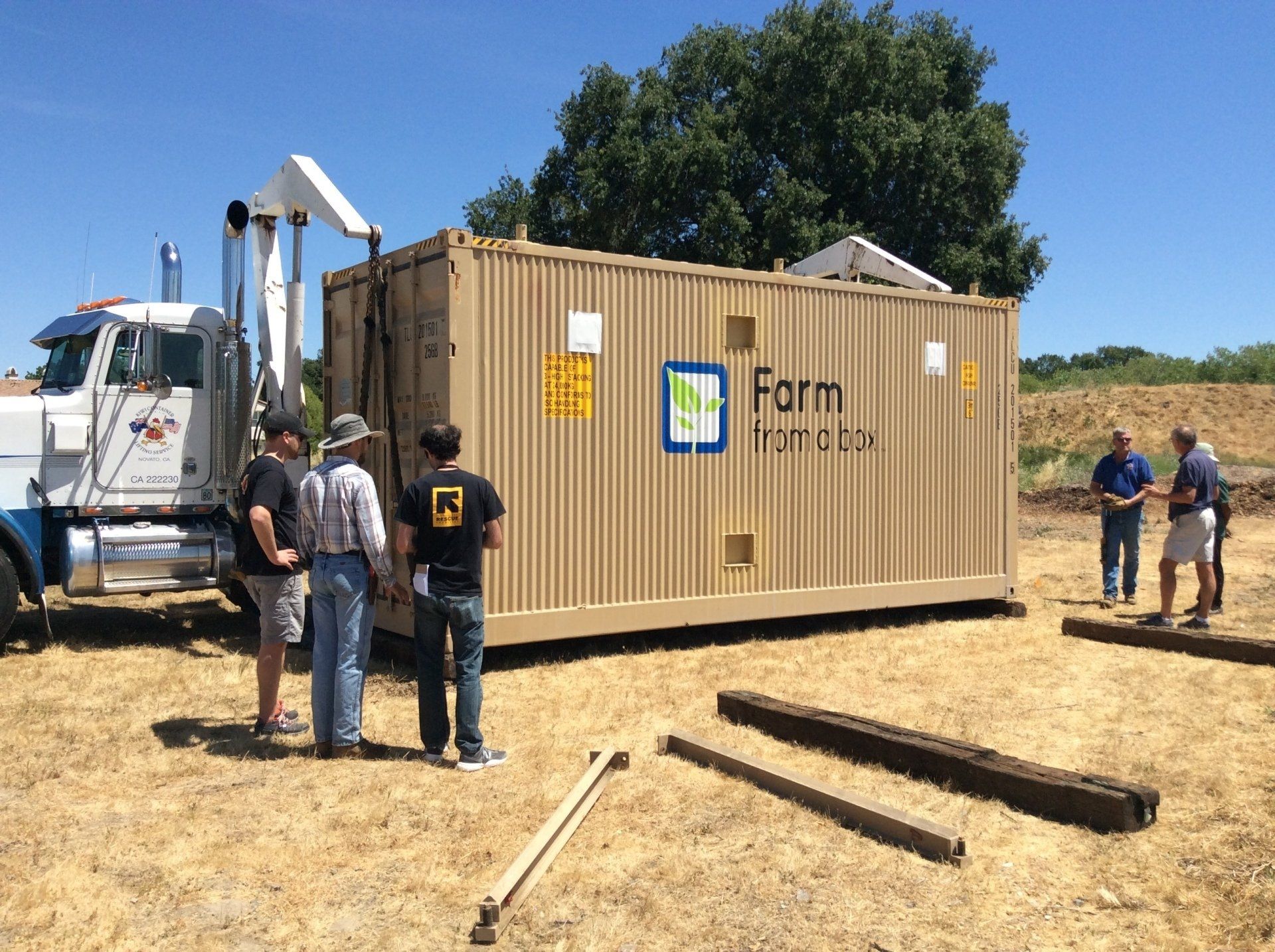
Through hands-on lessons, New Roots' job training program empowers trainees to start their own farms. Learning to farm in a new climate has innumerable challenges. The weather, soil, pests, and diseases are often very different from the refugees' homelands. Cross-cultural knowledge sharing between farmers who have different agricultural backgrounds is common - and is the secret to New Roots' success.

New Roots Farm
West Sacramento, CA, USA
A project of the International Rescue Committee, New Roots is a production and education-oriented farm that helps resettled refugees reconnect with the land, grow food for themselves and their families, and learn agricultural business skills.
New Roots produces over 50 different crops, much of which is produce from the refugee farmers' home countries. Culturally-affirming food is often difficult to find at stores or markets but is incredibly important to help refugees build community, nurture their connections to their homeland, and celebrate their culture. Local restaurants also welcome the new flavor profiles.
Growing an average of 120,000 pounds of produce over seven acres, and 28,600 pounds on their ½ acre intensive farm, New Roots' harvests are distributed to the farmers and their families, sold at a reduced rate to a nearby food bank, and sold for profit at weekly farm stands and nearby grocery stores.


Through hands-on lessons, New Roots' job training program empowers trainees to start their own farms. Learning to farm in a new climate has innumerable challenges. The weather, soil, pests, and diseases are often very different from the refugees' homelands. Cross-cultural knowledge sharing between farmers who have different agricultural backgrounds is common - and is the secret to New Roots' success.


